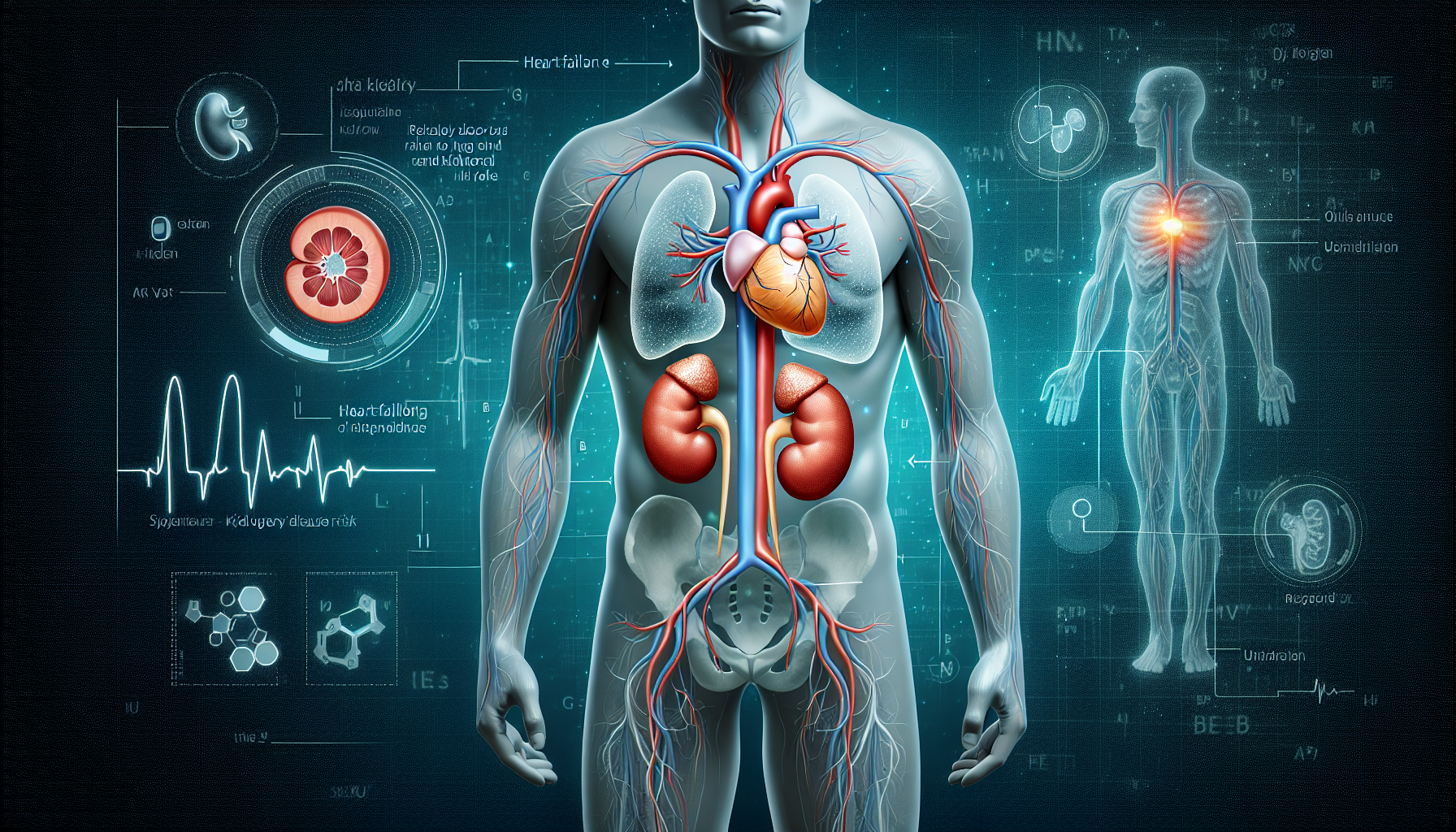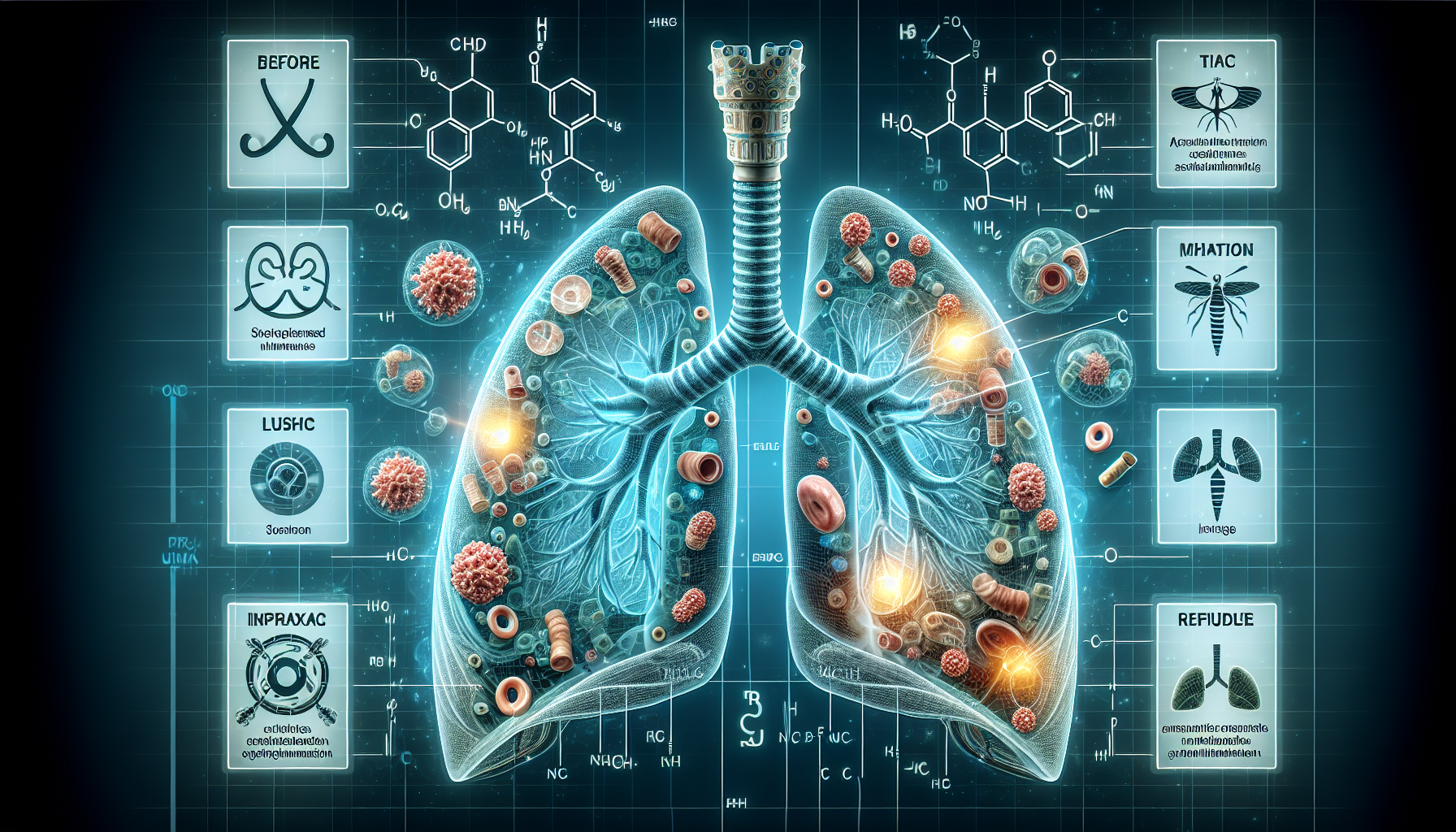Real Concerns in Modern Medicine: From Persistent COVID-19 to Potent Cannabis
Key Takeaways
- Persistent COVID-19 needs more awareness and research for effective treatment.
- Early diagnosis of chronic conditions can significantly improve patient outcomes.
- Hot flashes in postmenopausal women are serious medical issues needing treatment.
Did You Know?
The Lingering Impacts of Persistent COVID-19
COVID-19 continues to be a significant public health challenge, with some people experiencing symptoms long after their initial recovery. These persistent symptoms, often referred to as 'long COVID,' can include fatigue, brain fog, shortness of breath, and more. Dr. David Putrino from the Icahn School of Medicine highlights that discussing long COVID has been seen as a taboo topic for a long time, but it is crucial to bring awareness to this ongoing issue.
Understanding long COVID is important for both patients and healthcare providers. Ongoing research aims to uncover the mechanisms behind these prolonged symptoms and find effective treatments to help affected individuals get back to their normal lives. It's essential to address this aspect of the pandemic as it impacts the quality of life for many survivors.
The Importance of Diagnosing Chronic Conditions
Many individuals suffer from chronic conditions like kidney disease and respiratory issues without even knowing it. Dr. Joel Topf from St. Clair Nephrology Research warns that undiagnosed chronic kidney disease can prevent many people from receiving the care they need. Similarly, Dr. Shawn Aaron from the University of Ottawa stresses the importance of diagnosing asthma and chronic obstructive pulmonary disease (COPD) to provide timely and effective treatment.
Early diagnosis of chronic conditions can lead to better management and improved outcomes. Routine check-ups and paying attention to symptoms can help identify these conditions early, making treatment more effective and enhancing the patient's quality of life.
Hot Flash Treatments for Postmenopausal Women
Hot flashes are a common symptom experienced by many postmenopausal women. Dr. JoAnn Pinkerton from the University of Virginia Health System points out that hot flashes are not just a nuisance but legitimate medical issues that need proper treatment. These symptoms can significantly affect a woman's quality of life, causing discomfort and sleep disturbances.
Effective treatments are available, and all women experiencing severe hot flashes should talk to their healthcare provider. Options such as hormone therapy, lifestyle changes, and non-hormonal medications can provide relief and improve overall well-being.
Potent Cannabis and Health Risks
The increasing potency of contemporary cannabis is causing concerns among healthcare professionals. Dr. Nathan Stall from the University of Toronto discusses the rise in emergency department visits for cannabis poisoning, especially among older adults. Potent cannabis products can lead to severe health complications, including acute anxiety, psychosis, and cardiovascular issues.
Awareness and education about the risks of high-potency cannabis are essential. Both users and healthcare providers need to understand the potential dangers and take steps to minimize harm, including regulated and informed usage, especially in populations at higher risk.
Collective Action in Medical Research
Communal efforts in the medical field can lead to significant advancements in patient care. Felice Freyer, president of the Association of Health Care Journalists, praised a recent collective action where the New England Journal of Medicine retracted its decision to bar physician-focused publications from accessing advanced embargoed articles. Such actions foster collaboration and transparency, ultimately benefiting the medical community and the patients they serve.
Encouraging open communication and collaboration among healthcare professionals and researchers can drive progress and innovation in medical science. It ensures that new findings and insights are shared widely, promoting better healthcare outcomes globally.
Overdose Deaths in Adolescents
The rise in overdose deaths among adolescents is a concerning trend. Dr. Kao-Ping Chua from the University of Michigan reports that most of these deaths are related to fentanyl, a potent synthetic opioid. The increasing availability and misuse of fentanyl pose serious threats to young people, leading to a spike in fatal overdoses.
Preventive measures, including education about the dangers of drug use and access to treatment and support for substance abuse, are critical. Public health strategies focused on reducing fentanyl-related harm can help protect adolescents and reduce overdose rates.
Poor Maternal Outcomes Among Healthcare Workers
Healthcare professionals, including pregnant healthcare workers, face unique risks. Dr. David Stamilio from Wake Forest University School of Medicine comments on research indicating higher risks for poor maternal outcomes among this group. Factors such as work-related stress, exposure to infections, and physical demands of the job could contribute to these risks.
Providing support and accommodations for pregnant healthcare workers is essential to ensure their health and well-being. Policies aimed at reducing occupational stress and exposure can help mitigate these risks, promoting better maternal outcomes.
The Need for Effective Asthma and COPD Management
Undiagnosed respiratory conditions like asthma and COPD remain a pressing issue. Dr. Shawn Aaron emphasizes that early diagnosis and intervention can significantly improve patient outcomes. Symptoms of these conditions often overlap with other health issues, making awareness and proper testing crucial.
Effective management of asthma and COPD includes medication, lifestyle changes, and regular monitoring by healthcare providers. Patients experiencing symptoms such as chronic cough, wheezing, or shortness of breath should seek medical advice for appropriate evaluation and treatment.
References
- National Institute of Healthhttps://www.nih.gov/
- Centers for Disease Control and Preventionhttps://www.cdc.gov/
- World Health Organizationhttps://www.who.int/
- American Medical Associationhttps://www.ama-assn.org/






